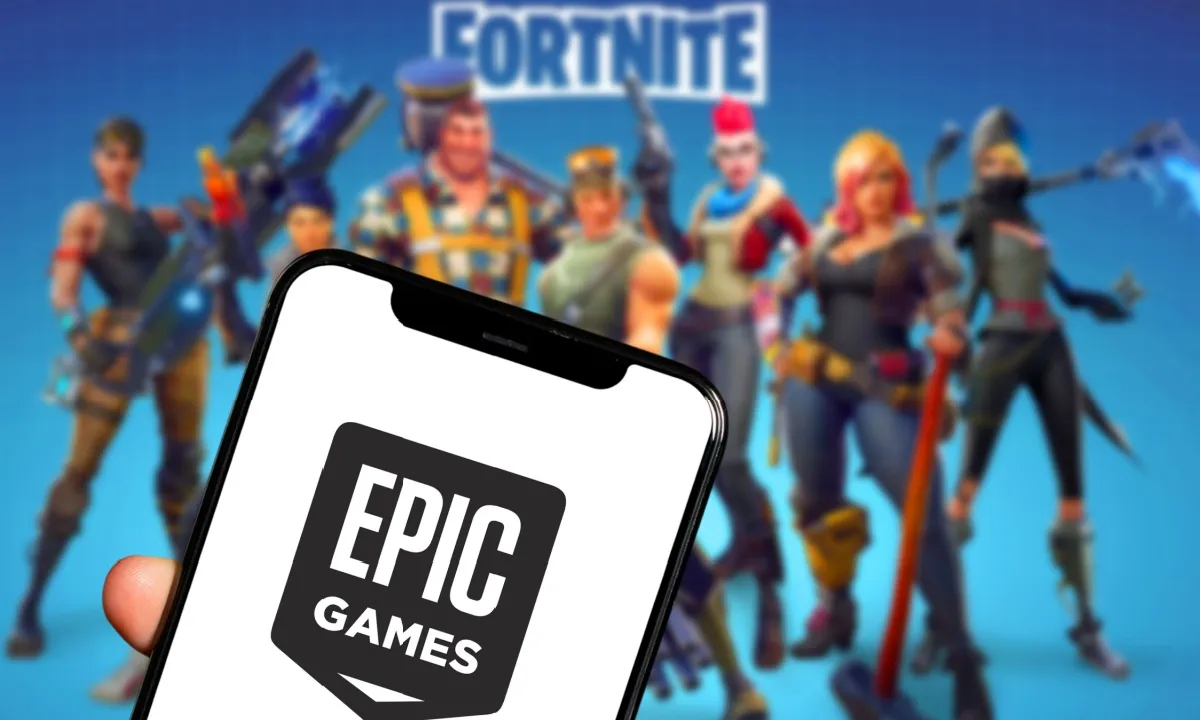The Federal Trade Commission (FTC) has initiated the first wave of refunds related to Fortnite and Epic Games, amounting to a staggering $72 million. This refund process is a significant milestone, addressing concerns over unfair practices that affected millions of players worldwide. The refund program stems from an agreement between the FTC and Epic Games to resolve allegations of unauthorized charges and deceptive practices. With millions of gamers awaiting compensation, this initiative represents both accountability in the gaming industry and the growing emphasis on consumer rights. Follow us at2025 Golden Globe Awards Nominations: Complete List.
FTC's First Payment
In what is considered one of the largest consumer refund efforts in gaming history, the FTC has started disbursing the first $72 million of refunds to affected Fortnite players. This move follows a comprehensive investigation into Epic Games’ practices, which revealed issues related to unauthorized transactions, deceptive interfaces, and privacy concerns affecting minors.

If you feel you were affected, you can follow this link to submit a claims form.
The FTC's action is a response to complaints from users who were charged for in-game purchases without explicit consent. Many players, especially parents of younger users, reported difficulties obtaining refunds or disputing these charges. As a result, the FTC imposed a settlement that included significant financial penalties and a commitment to reform Epic Games' business practices. The disbursement of refunds underscores the importance of protecting consumers in digital spaces, especially within a booming industry like gaming.
Related: The Reaction To The End Of Taylor Swift’s Eras Tour
Related: Jay-Z Accused in Civil Lawsuit of Raping a Girl in 2000
How Much Money Will Each Customer Get?
The amount of money that each customer will receive varies depending on the specific circumstances of their case. Refunds are being issued to individuals who experienced unauthorized charges between January 2017 and September 2022. This includes purchases made by minors without parental approval, accidental purchases, or transactions made through misleading interfaces that lacked clear consent mechanisms.
While the FTC has not disclosed precise figures for individual refunds, affected users can expect compensation proportional to their losses. The refund process is being managed meticulously, with consumers required to verify their eligibility by submitting claims through official FTC channels. This approach ensures that the funds are distributed fairly and that only legitimate claims are honored, preventing fraud and misuse of the compensation program.
What Did Epic Games Do?
Epic Games, the developer behind the globally popular Fortnite, faced allegations of engaging in practices that violated consumer protection laws. According to the FTC, Epic Games used "dark patterns" in its user interface design, which made it easy for users, particularly children, to make unintended purchases. These deceptive designs included confusing button layouts and a lack of clear cancellation options, leading to unauthorized transactions.
Additionally, the FTC highlighted privacy concerns related to Fortnite's default settings, which enabled voice and text communication by default for younger players. This practice exposed minors to potential risks, including online harassment and privacy breaches. In response to these allegations, Epic Games agreed to pay $520 million in settlements, with $245 million designated for refunds to affected users.
Epic Games has since pledged to revamp its policies, ensuring greater transparency and consumer protection. The company has introduced features like parental controls, clearer refund options, and improved privacy settings, signalling a commitment to rebuilding trust with its player base.
In addition to the aforementioned $245 million in refunds related to dark patterns, the Fortnite developer was also fined $275 million for violating the Children's Online Privacy Protection [COPPA] rule, bringing the total to more than $520 million.